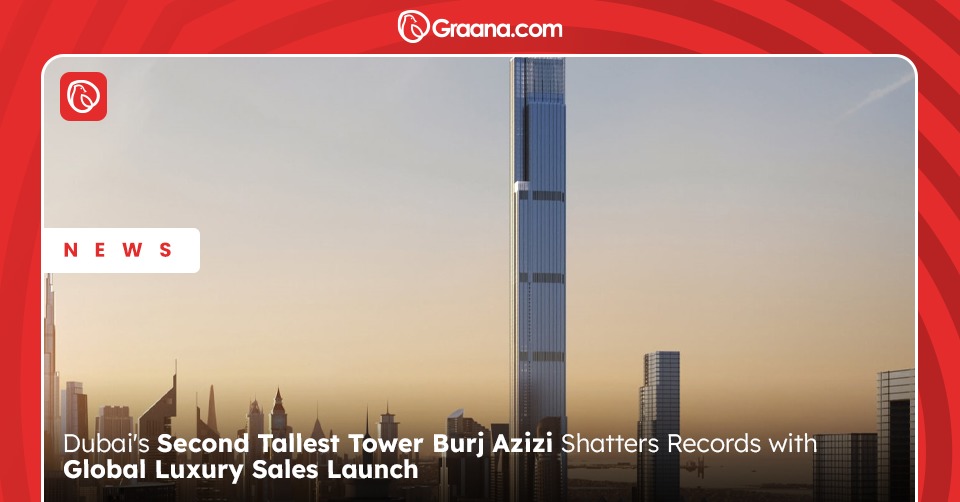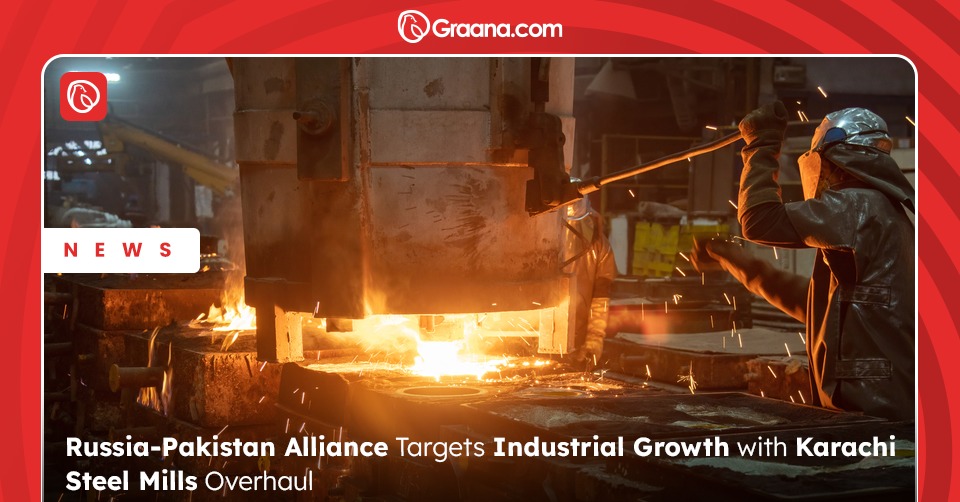Exponential population expansion and increasing urbanisation in Pakistan due to migration from rural regions put enormous strains on cities’ ability to meet housing and other demands. It is difficult for a city to grow horizontally indefinitely. The only practical approach for meeting the needs of increasing urbanisation and population is to expand vertically.
High-rise buildings are the most feasible answer for cities like Rawalpindi, Islamabad, Karachi, and Lahore facing land constraints. The idea of multistory structures arose as a result of rising population, diminishing space, and a desire to remain close to the major metropolis. As land becomes scarcer in the future, the only way to accommodate people will be to build taller structures. Tall constructions will become commonplace in a few years and will provide housing for everyone.
Graana.com brings you an overview of the many facets of vertical housing and explores its advantages in Pakistan. Get to know CDA Bylaws.
Overview of Vertical Housing Dilemma in Pakistan
Tall buildings benefit the environment and the ability to accommodate more people, whether for work or dwelling. It prevents the loss of agricultural land, making room for crop planting. Because travelling is vertical, distances are shorter, and the transport mechanism is more efficient, further reducing air pollution. This decreases the reliance on roads. Tall structures that are well-planned can optimize compactness for maximum efficiency. Wind and solar electricity can also be harnessed by building upwards. Energy can be saved to maintain our rising population, while horizontal space for food production, wildlife, and recreation may be preserved.
In Pakistan, vertical expansion is predicted to be the way of the future for urban development. When it comes to skyscraper construction, the Pakistani government has eased some restrictions and regulations. The Prime Minister is hopeful about expanding housing projects and other small settlements to provide more cheap housing. According to him, developers and builders would be encouraged to convert slum areas of the country into high-rise apartments.
The traditional method of constructing residential units on land is to expand a city horizontally. More apartments, high-rise residential buildings in cities, and skyscrapers erected on a smaller plot of land are all examples of vertical expansion. Residential apartments are being built across a broad region. As a result, natural resources will be less disrupted, and more people will live comfortably.
Advantages of Vertical Living
Vertical living offers numerous benefits to the people, the community, and the overall environment. Graana.com brings you several advantages of vertical living. These are as follows:
Promotes Community Living
It promotes community living along with accommodating more people at an affordable price. People can share the numerous amenities provided by flats and skyscrapers. Furthermore, in an apartment, residents live in a close-knit community. This contributes to increased bonding and security. Tall buildings and vertical expansion can assist address the issue of land and space scarcity in densely populated areas and meet the growing demand for housing.
Ecological Sustainability and Social Responsibility
The vertical development of a city can help make use of space that would otherwise be wasted in constructing a luxury residence. Furthermore, apartment living encourages ecological sustainability and social responsibility. Many amenities are shared that would otherwise be owned individually in a villa.
Generation of Solar Energy
The towers’ height makes them perfect for mounting solar panels and wind turbines so that residents can benefit from solar energy and windmills. They will be able to generate their electricity in this manner.
Reduced Cost of Living
Shared space allows residents to share amenities such as a standby electricity connection, a generator, a rooftop garden, a swimming pool, and a gym. Not only are the amenities shared, but so are the costs of maintenance because everyone bears the same expenditures – this drastically reduces living expenses.
More Green Spaces
In Pakistan, the advantages of vertical cities are not limited to urban growth. You can also contribute to improving your environment by expanding vertical cities. More space on the ground is available with taller buildings, which can add more green spaces. Many urban planners who support the concept of urban development of cities vertically argue that skyscrapers and high-rise buildings can accommodate more people, giving them a better standard of living while minimizing costs. In a land-scarce era, a city’s vertical expansion will have a better environmental impact.
At this moment, the most pressing need is for proper planning that will support our cities and aid in future development. Vertical housing with systematic planning is the way of the future. The real estate industry must raise awareness and take concrete steps in this area in order to address the myriad issues while also making our communities more environmentally friendly and sustainable.




